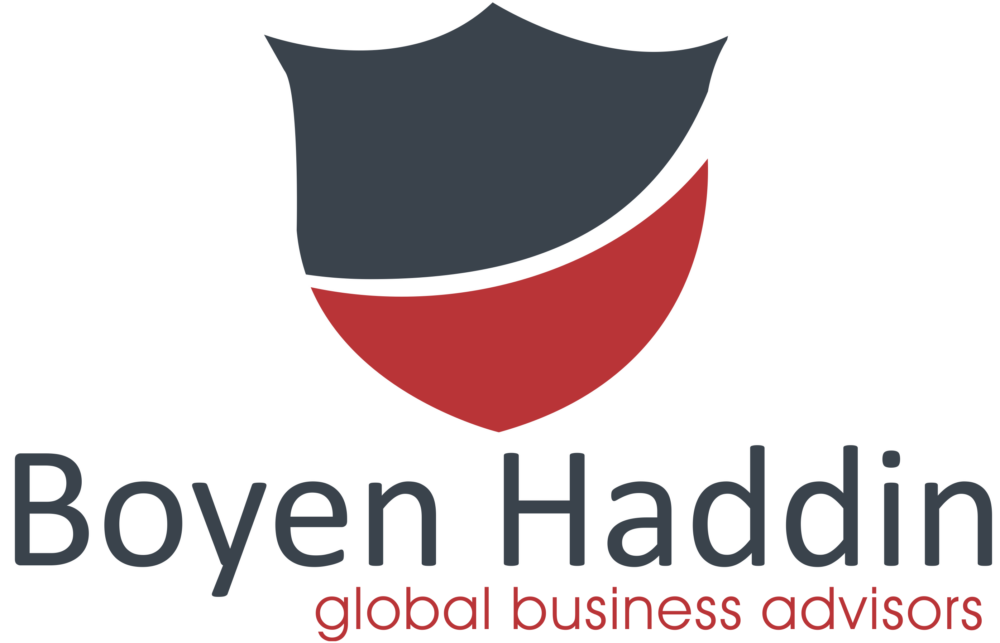The world economy is entering a recession that has already triggered a massive decline in automotive sales.
Huge overcapacities in the global automotive market, the uncertain development of energy prices, and a severe decline in consumer confidence and demand have significantly increased the pressure on the automotive industry in recent years. This has led to a focus primarily on minimizing costs, improving productivity, developing alternative-fuel vehicles, and attracting a broader customer pool, without compromising core brand values.
Environmental regulations are also shortening the timeline for implementing measures to bring about large-scale reductions in CO2 emissions, not least for new cars in Europe over the next five years. These major changes in strategy and focus that face the sector call for leaders with the appropriate skill-sets.
Automotive suppliers are threatened by a lack of capital, especially for developing innovative products based on new technologies. On the other hand, they face pressure from OEMs to reduce prices despite higher raw material costs and to maintain a global presence.
The most likely scenario for the industry – one that has already become a reality in some cases – is severe restructuring/downsizing, as well as a wave of consolidations and bankruptcies.
The aerospace and defense industry is facing many challenges, including the global credit crisis and changing environmental regulations. Intense governmental and political involvement and specific regulatory conditions significantly limit the degree of entrepreneurial freedom for aerospace companies.
Extremely high levels of technical and operational complexity are pushing successful companies to strike out on new paths in terms of integration, rationalization, and modernization. Increasing levels of international cooperation and supplier involvement require new skills from all players in the market.
.
What skills are needed now?
To master these challenges, market players obviously need to find top executives who can successfully lead companies through turbulent times. Restructuring and change management skills will be key competencies. However, there will also be a strong demand for managers who are able to create innovative mid- or long-term strategy and who thrive in highly competitive market environments on a global level.
Functional skills such as cutting-edge engineering expertise, an environment-friendly approach, and the ability to optimize the supply chain, will remain key requisites.
.
How can Boyen Haddin support the Automotive & Transportation Industry?
In this business environment, best-practice companies ensure that essential competencies are available and developed in their management teams. Boyen Haddin’s Automotive & Transportation Global Practice offers the credentials to support clients’ needs through specific industry expertise, as well as knowledge of and access to top management talent in the market.
We proactively identify executives and top strategic talent in the global market, with competencies in such critical functions as operations, R&D, procurement and restructuring, as well as general management.
Our Leadership Strategy Services Practice offers proven expertise in systematically evaluating and benchmarking companies’ existing management portfolios on both individual and team levels. This strategic approach to creating top-class management teams can only be realized with the backing of a company’s CEO and more particularly its Board. Both need experience of leading their companies through turbulent times.
.
How we operate
All of our consultants acquired extensive professional experience in the automotive and transport industry before joining Boyen Haddin. This expertise is embedded in our global network. Our entire firm operates as a single profit center, which both encourages and rewards collaboration.
.
